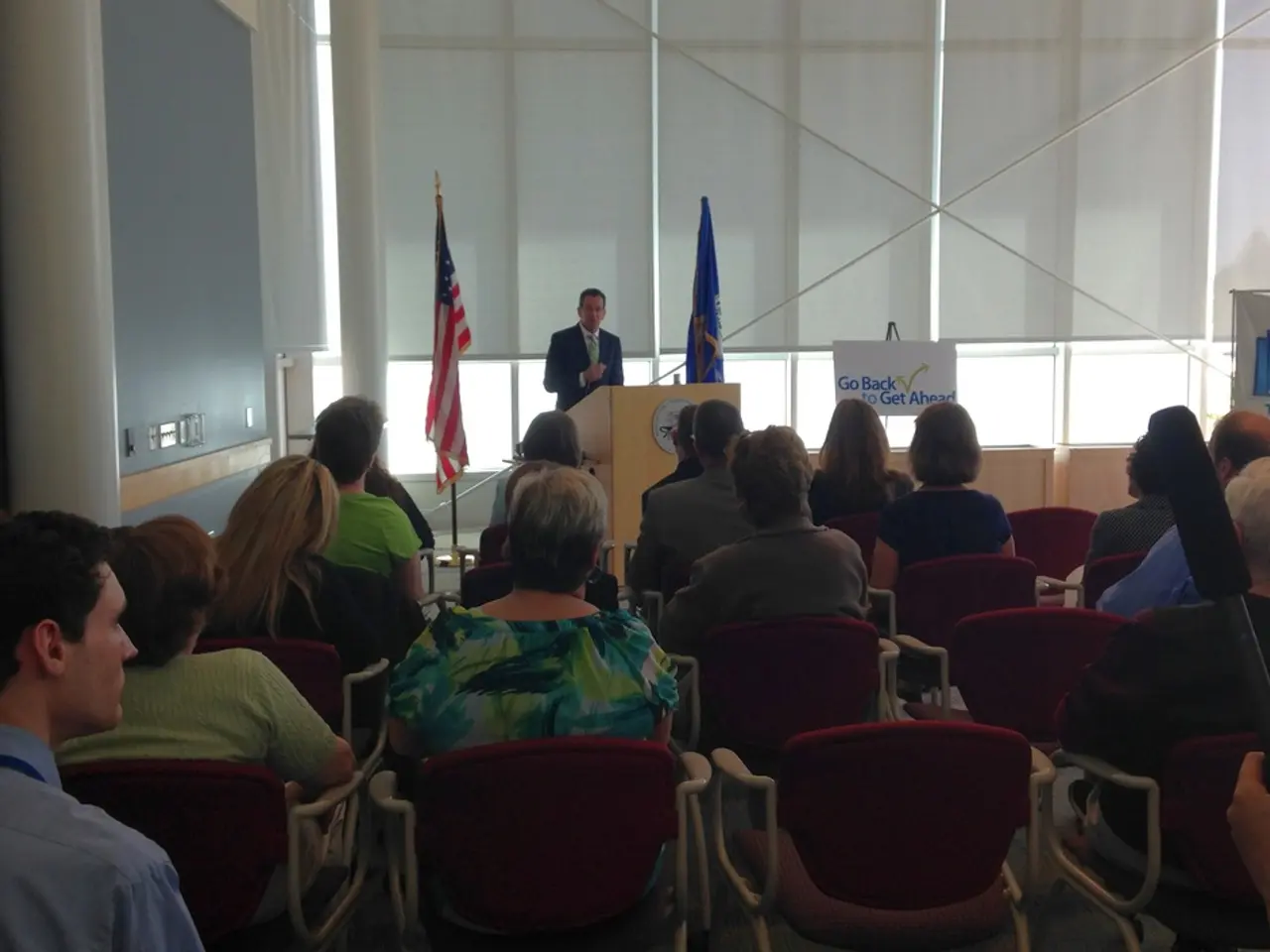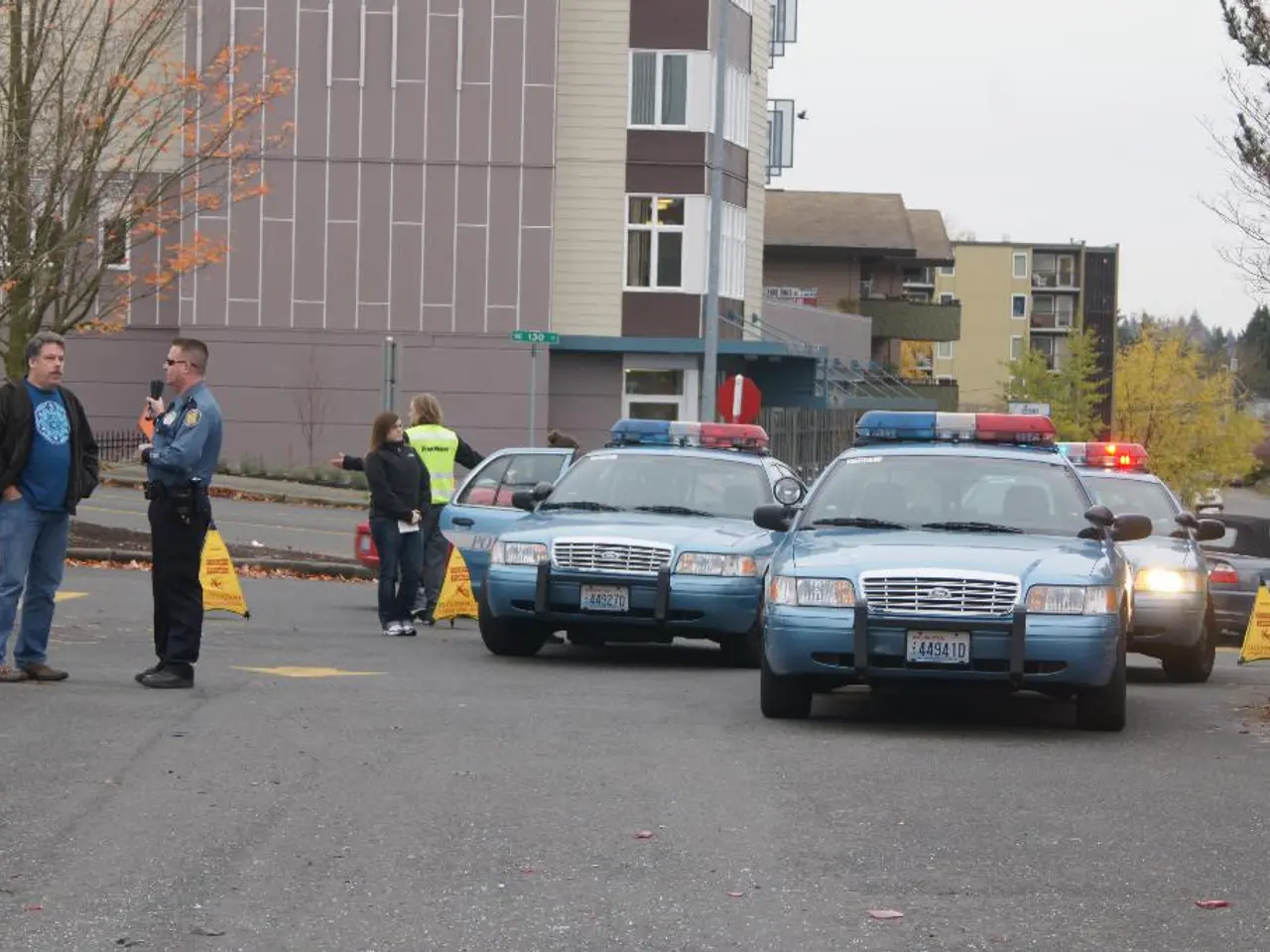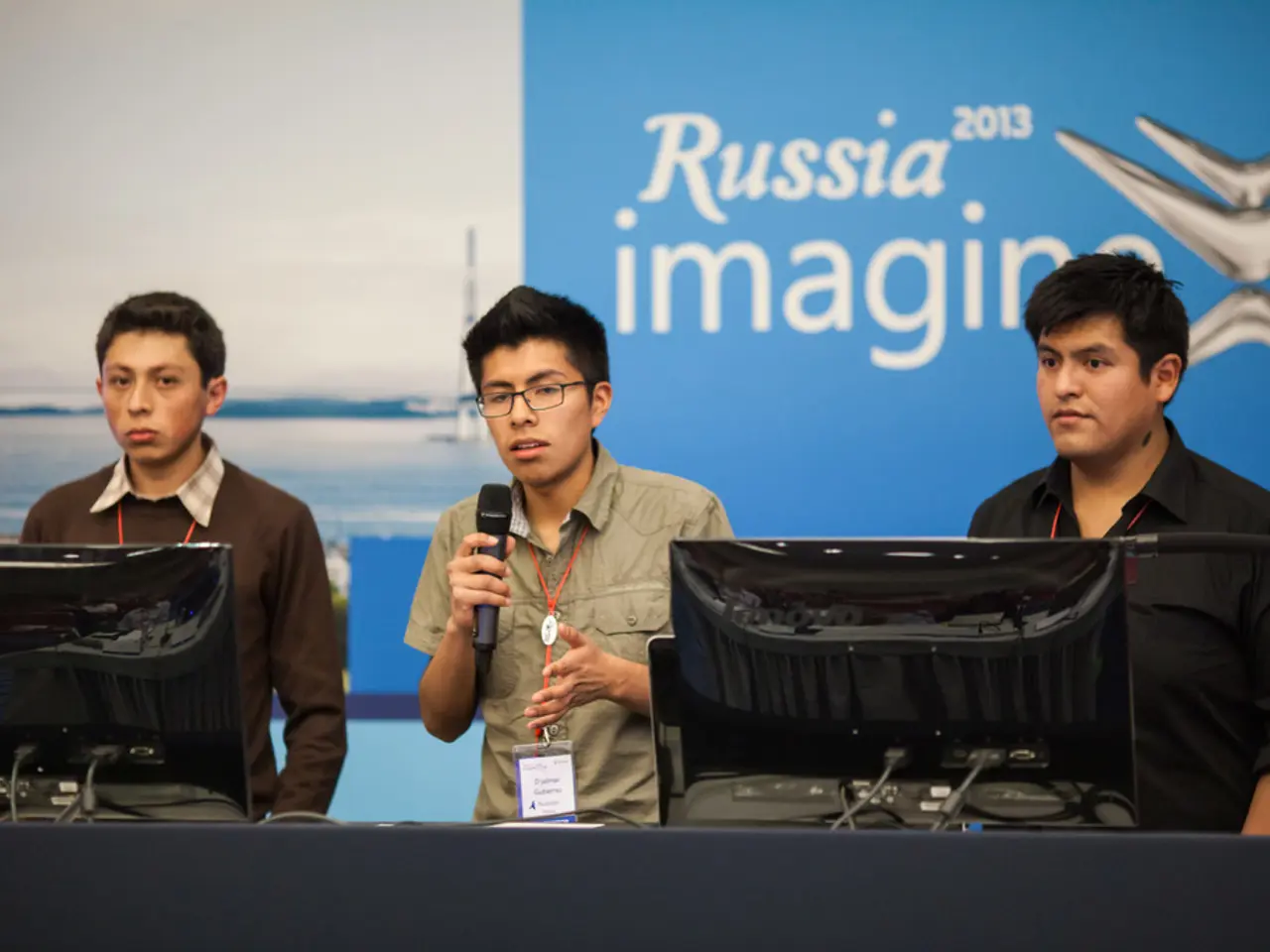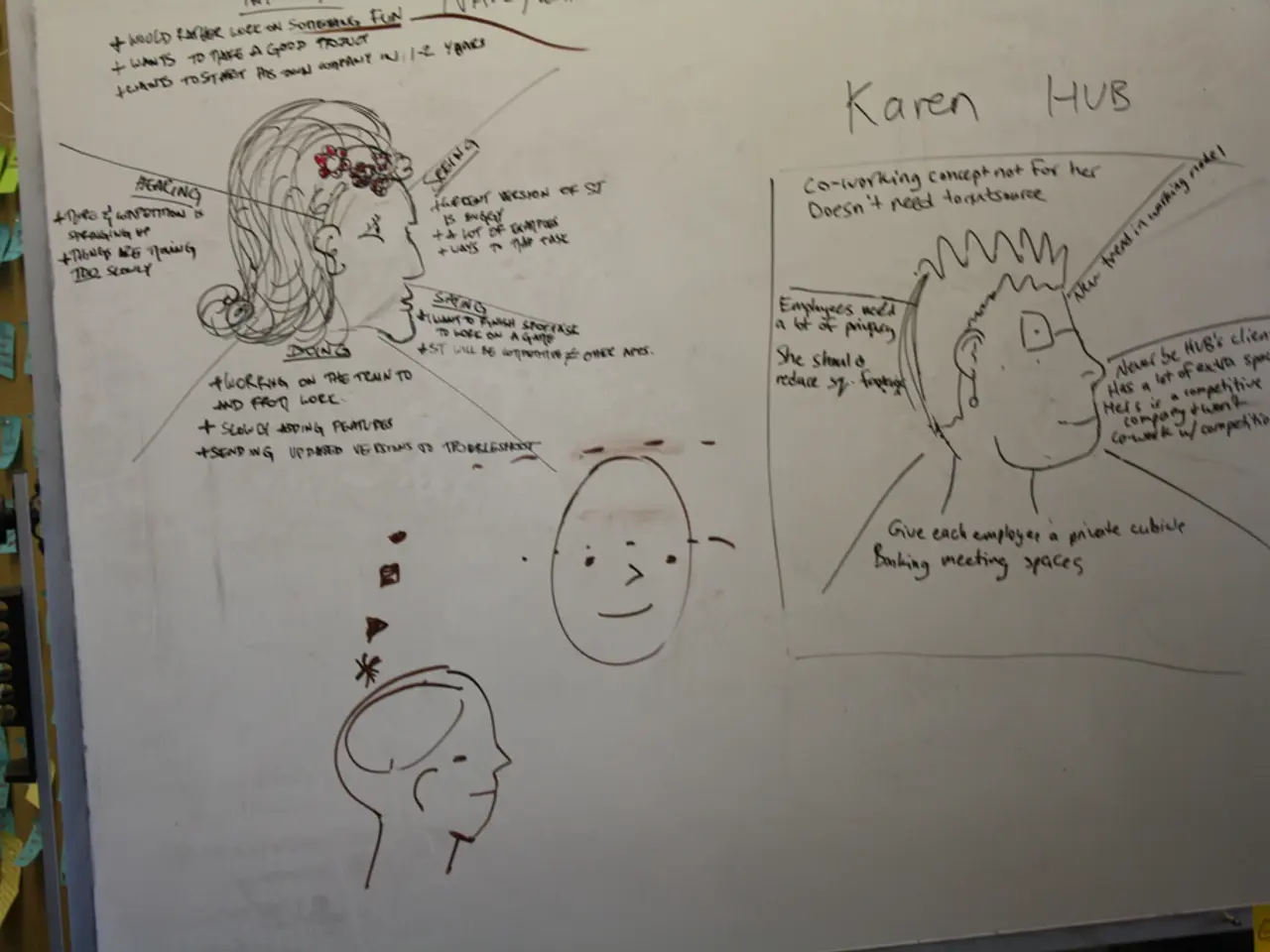Federal Leader of AfD Engages in Dialogue at the National Level with BSW (German Farmer's Association)
In an unprecedented shift in German politics, exploratory discussions are underway between Sahra Wagenknecht's Bündnis Sahra Wagenknecht (BSW) and the far-right Alternative für Deutschland (AfD) at both state and federal levels. This development marks a significant breach of the political isolation that has long surrounded the AfD due to their hardline anti-immigration and populist stances.
The talks began in the eastern state of Thuringia, where BSW state leader Frank Augsten met AfD regional leader Björn Höcke. Both sides described the meeting as "constructive and open," indicating a willingness to explore common ground. AfD federal co-leader Tino Chrupalla has confirmed that these discussions are also taking place on the federal level, suggesting that cooperation could extend beyond state politics.
Key issues in their discussions likely revolve around areas of potential policy alignment despite ideological differences. The BSW is a left-wing nationalist party focusing on social justice with nationalist overtones, while the AfD is a right-wing populist party emphasizing immigration controls and national identity. Their cooperation could center on shared skepticism towards liberal immigration policies and globalization, as well as concerns about protecting national sovereignty and social welfare in the context of economic challenges.
In Thuringia, the reason for the talks was a blockade in the appointment of important judicial bodies in the state. The AfD, as the strongest force in the Thuringian state parliament, holds more than a third of the seats, causing a blockade in the appointment of members of the judicial election committee and the public prosecutor election committee.
However, at the federal level, the BSW narrowly failed to enter the Bundestag in the 2025 federal election, falling just short of the 5% threshold needed for representation, while the AfD doubled its vote share to 20.8%, becoming the second-largest party. The BSW's exclusion from parliamentary representation limits their direct influence federally but does not preclude continued talks or long-term strategic cooperation with the AfD.
The potential for collaboration is strongest at the state level, where together the BSW and AfD could command a majority in the state parliament, such as in Thuringia. This alliance could reconfigure German politics by potentially enabling legislative majorities, at least in some states.
Sahra Wagenknecht has expressed openness to political talks with the AfD at the federal level, while the SPD has spoken out against further talks. The meeting between Augsten and Höcke was described as constructive and open, with differing views, problems, and perspectives on current state politics discussed. Augsten proposed a follow-up meeting after the summer break and after consultation with experts and coalition partners to move forward with this issue.
This emerging cooperation signals a possible realignment in German politics, especially in eastern federal states, challenging the existing consensus to exclude the AfD. The evolving scenario is closely watched as it may reshape coalition dynamics and influence policy debates in Germany going forward.
- The discussions between Sahra Wagenknecht's Bündnis Sahra Wagenknecht (BSW) and the Alternative für Deutschland (AfD) involve potential policy alignment despite ideological differences, particularly focused on shared skepticism towards immigration policies, globalization, and the preservation of national sovereignty.
- General news and crime-and-justice reports suggest that this collaboration, especially in Thuringia, could reconfigure German politics, potentially enabling legislative majorities and reshaping coalition dynamics.
- Policy-and-legislation debates, war-and-conflicts, and politics discussions are revised as Sahra Wagenknecht has expressed openness to political talks with the AfD, resulting in an evolving scenario that closely follows these subjects in Germany.






